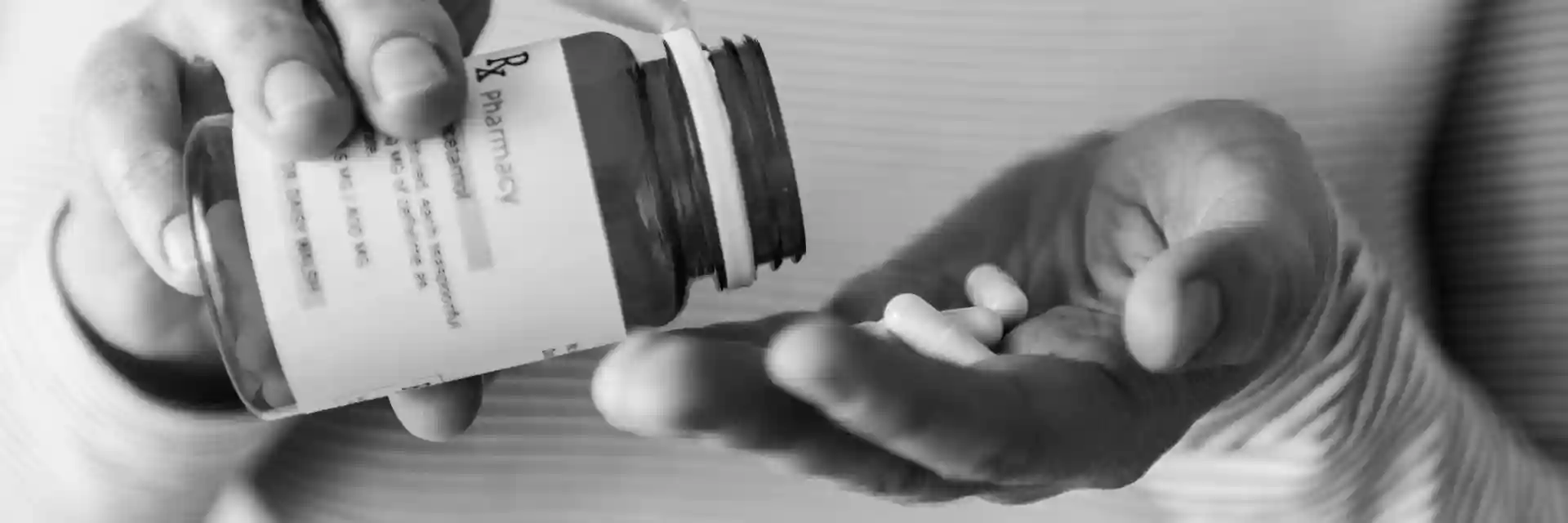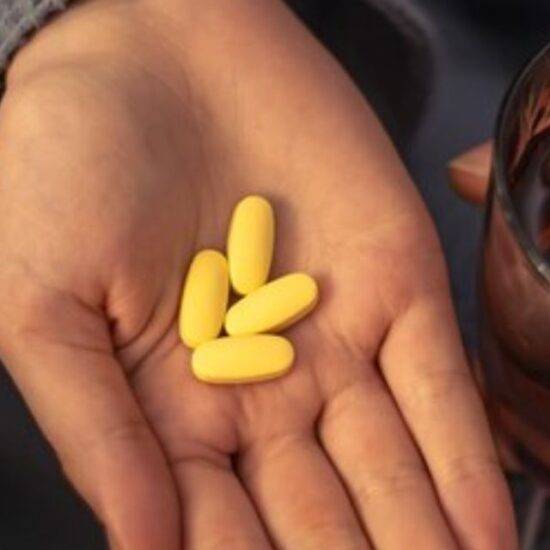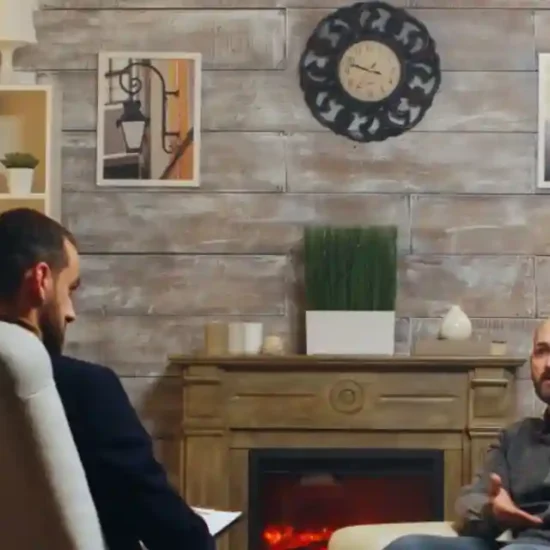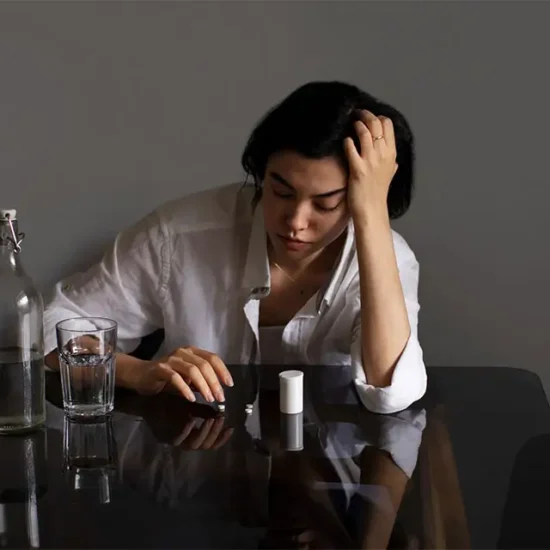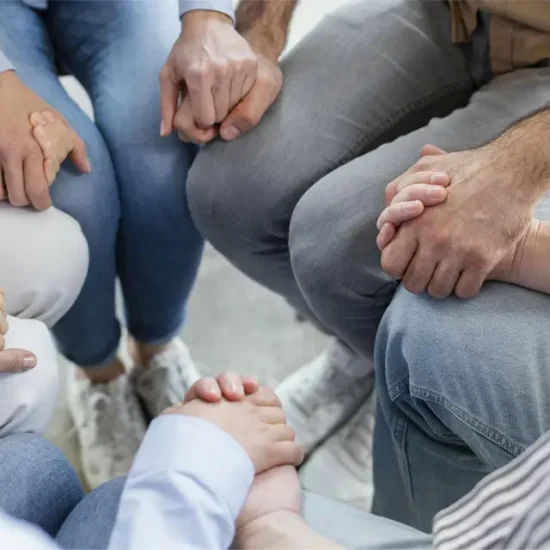Addiction is not just a word; it’s a weight many carry silently, affecting every aspect of their lives. It takes away dreams, damages relationships, and steals hope. But here’s the truth: recovery is possible. With the right drug recovery programs, you can break free, rebuild, and rediscover yourself.
In this guide, we’ll explore how these programs provide the support and tools needed to reclaim control of your life. Let’s dive into the steps toward recovery and renewal.
Understanding Addiction and Its Effects
Addiction isn’t simply a habit; and it’s a condition that affects the body, mind, and soul.
- Physical Impact: Addiction weakens your body, often leading to severe health problems.
- Mental Impact: It clouds your thinking, causes anxiety, and traps you in a cycle of dependence.
- Emotional Impact: The guilt, shame, and isolation can leave you feeling lost and alone.
Relationships suffer, careers are derailed, and life begins to feel like a series of unending struggles. However, through the support of drug recovery programs, these challenges can be faced head-on.
What Are Drug Recovery Programs?
Drug recovery programs are structured treatments designed to help individuals overcome addiction. They provide a roadmap to sobriety and equip you with the tools to maintain it.
Types of Drug Recovery Programs
Drug recovery programs are designed to meet the unique needs of individuals struggling with substance abuse. They vary in approach, structure, and intensity to accommodate different lifestyles and levels of addiction. Understanding the types of recovery options available is crucial to selecting the program that best suits an individual’s needs.
- Inpatient Programs: Live-in facilities offering intensive, round-the-clock care.
- Outpatient Programs: Flexible schedules that allow you to receive treatment while continuing daily life.
- Holistic Approaches: Programs combining therapies like yoga, meditation, and art to heal the whole person.
Each type caters to different needs, ensuring a personalized path to recovery.
Key Components of Successful Drug Recovery Programs
What makes drug recovery programs effective? They address all aspects of addiction with a blend of support and strategies.
Completing alcohol rehab has shown that approximately 70% of individuals maintain sobriety at the nine-month mark, as highlighted in the 17 Statistics and Facts About the Success of Drug Rehabilitation and Recovery study
Core Elements of Recovery Programs
- Detoxification: Medical support to safely manage withdrawal symptoms.
- Therapy: Individual, group, and family counseling to heal emotional wounds.
- Life Skills Training: Teaching tools for relapse prevention and daily challenges.
Together, these components create a solid foundation for lasting recovery.
After the initial detox phase, therapy becomes essential to identify the root causes of addiction. This understanding leads to meaningful changes that promote long-term sobriety.
How Drug Recovery Programs Help in Reclaiming Your Life
Recovery is more than quitting substances; it’s about transforming your life. Studies show that Substance abuse treatment programs offer benefits such as improved physical health, enhanced emotional well-being, and the development of coping mechanisms.
Drug recovery programs offer:
- Personal Growth: Understanding who you are beyond addiction.
- Root Cause Analysis: Addressing past traumas and triggers.
- Support Networks: Building relationships that uplift and encourage.
These programs don’t just treat addiction; they empower you to take control of your life and rediscover joy and purpose.
Overcoming Common Challenges in Drug Recovery
The road to recovery has its hurdles. Drug recovery programs prepare you to tackle them.
Common Challenges and Solutions
- Withdrawal Symptoms: Managed through medical care and therapy.
- Triggers and Cravings: Techniques like mindfulness and coping strategies help.
- Relapses: Treated as learning experiences, not failures.
By addressing these challenges with patience and persistence, recovery becomes not just possible but achievable.
The Importance of Aftercare in Drug Recovery
Recovery doesn’t end when a program does. Aftercare ensures the progress continues. Peer support groups play a significant role in addiction treatment, providing emotional support and practical advice to individuals in recovery.
- Support Groups: Regular meetups to share ideas and stay motivated.
- Follow-Up Therapy: Continued sessions to address ongoing challenges.
- Community Connections: Engaging with like-minded individuals for support.
Aftercare is the bridge between structured treatment and independent sobriety, ensuring you’re never alone on this journey.
How to Choose the Right Drug Recovery Program
Choosing the right program is a crucial step. Here’s what to consider:
- Program Length: Short-term vs. long-term options.
- Therapy Types: Does it offer what you need (individual, group, or holistic)?
- Location: Local convenience or remote focus?
Remember, the best program is one that fits your needs and feels right for you. A trusted program ensures you’re supported at every step.
Conclusion: A Path to Healing and Hope
Recovery is not a straight line; it’s a journey of ups and downs. But with the right drug recovery programs, you can face these challenges and reclaim your life. Ready to take the first step? Start your recovery journey with support that understands and cares for you. Reach out to explore your options today.
FAQs
Q: What Is the Difference Between Inpatient and Outpatient Drug Recovery Programs?
A: Inpatient programs require individuals to live at the treatment facility, providing 24/7 care and a structured environment. Outpatient programs let people live at home while attending planned therapy sessions. The choice depends on the level of support needed and personal circumstances.
Q: How Long Do Drug Recovery Programs Usually Last?
A: The duration of drug recovery programs varies based on individual needs and program type. Short-term programs typically last 30 to 90 days, while long-term programs can extend to six months or more. The length is often tailored to ensure effective treatment and sustainable recovery.
Q: Can Drug Recovery Programs Guarantee Permanent Sobriety?
A: No, drug recovery programs cannot guarantee permanent sobriety. Recovery depends on individual commitment, ongoing support, and effective aftercare. However, these programs provide the tools, therapies, and strategies needed to achieve and maintain long-term sobriety, significantly increasing the chances of a successful recovery.
Q: What Happens If I Relapse During a Drug Recovery Program?
A: If relapse occurs during a program, it’s treated as a part of the recovery journey, not a failure. Treatment plans are adjusted to address new challenges, and additional support is provided to strengthen coping strategies. Relapses are opportunities for growth and learning.
Q: Are Drug Recovery Programs Covered by Insurance?
A: Many drug recovery programs are covered by insurance, but coverage depends on the provider and the specific plan. It’s essential to verify details with your insurance company to understand what services are included and whether prior authorization is required. Financial assistance options may also be available.
